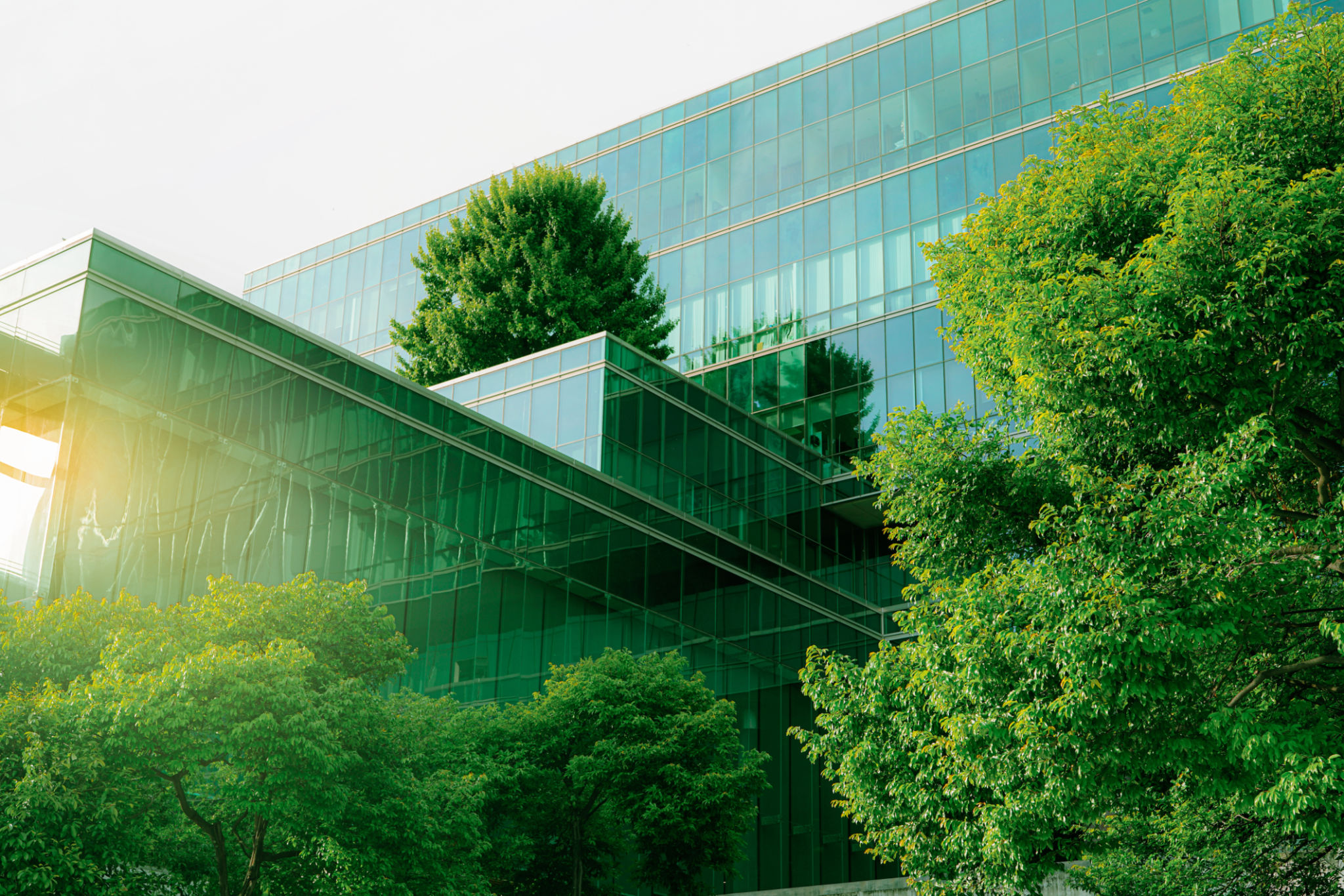How to Choose the Right Construction Materials for Tamil Nadu's Climate
Understanding Tamil Nadu's Climate
Tamil Nadu, located in the southern part of India, is known for its tropical climate, which is characterized by hot and humid weather. This climate demands specific considerations when selecting construction materials to ensure the durability and comfort of buildings. Understanding the local climate is crucial in making informed decisions that will enhance the longevity and efficiency of structures.
The state experiences three distinct seasons: summer, monsoon, and winter. Summers are scorching, with temperatures often rising above 40°C, while the monsoon season brings heavy rainfall. Winters are mild but can still be humid. These conditions necessitate the use of materials that can withstand high temperatures, resist moisture, and provide adequate insulation.

Considerations for Heat Resistance
Given the intense heat during summer months, selecting materials that offer excellent thermal resistance is vital. Materials such as clay bricks and fly ash bricks are highly recommended due to their ability to absorb heat slowly and release it gradually, keeping interiors cooler. Additionally, these materials are eco-friendly and readily available in the region.
For roofing, consider using reflective materials or coatings that can deflect sunlight and reduce heat absorption. Terracotta tiles are a traditional choice in Tamil Nadu, known for their aesthetic appeal and thermal insulation properties. Implementing such materials can significantly enhance energy efficiency by reducing the need for artificial cooling.

Addressing Moisture and Humidity
The monsoon season in Tamil Nadu can lead to excessive moisture, which can damage certain construction materials. It's essential to choose materials that are resistant to water and humidity. Concrete with a high-grade waterproofing admixture can be an excellent choice for foundations and walls.
In addition to concrete, using weather-resistant paints and sealants on exterior walls can provide an extra layer of protection against moisture intrusion. Furthermore, ensure proper drainage systems are in place to prevent water accumulation around the building's foundation, which can cause structural issues over time.

Durability and Maintenance
Durability is a critical factor when choosing construction materials, especially in a region with fluctuating weather conditions. Stone and granite are popular choices for flooring due to their robustness and minimal maintenance requirements. These materials are not only durable but also add a touch of elegance to any structure.
For interior walls, gypsum boards are an excellent option as they offer sound insulation and are resistant to fire and moisture. Additionally, they are easy to install and maintain, making them a practical choice for modern constructions in Tamil Nadu.
Sustainability Considerations
As environmental awareness grows, the demand for sustainable construction materials has increased. Opting for locally sourced materials not only reduces transportation emissions but also supports the local economy. Bamboo is gaining popularity as a sustainable building material due to its rapid growth rate and strength.
Furthermore, incorporating recycled materials into construction projects can significantly reduce environmental impact. Recycled steel and glass are increasingly being used in innovative ways to create eco-friendly structures that meet modern aesthetic standards while preserving natural resources.

Conclusion
Choosing the right construction materials for Tamil Nadu's climate requires careful consideration of heat resistance, moisture protection, durability, and sustainability. By understanding the unique challenges posed by the local climate and selecting appropriate materials accordingly, builders can ensure that their structures remain comfortable, efficient, and resilient over time.
As technology advances and new materials become available, it is essential to stay informed about the latest trends and innovations in construction. This proactive approach will not only lead to better building practices but also contribute to a more sustainable future for Tamil Nadu's architectural landscape.
